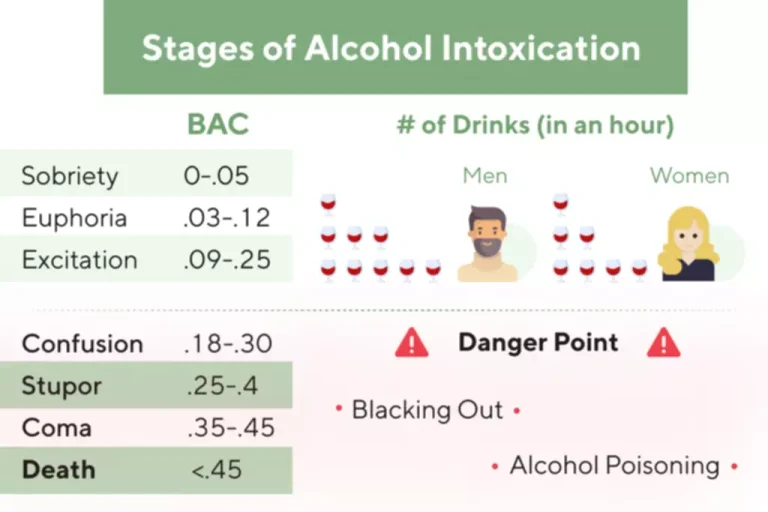
For vitamins B-9, D, E and potassium—nutrients crucial to metabolic health—“more than 90% don’t get enough.” It’s bad for well-being in general, and research shows that even one deficiency makes us 80.8% more likely to plump up. High alcohol consumption induces diuresis by increasing the level of vasopressin, which predisposes patients to dehydration and hypernatremia [143,144]. This is a common disorder that occurs in 17% of patients chronically consuming alcohol [145]. However, this effect may not be observed in the case of prolonged alcohol consumption. In such patients, the level of vasopressin increases, which results in an increase in urine osmolality and a decrease in free water clearance. Sodium presence has a large impact on plasma osmolality, since salts of sodium (chloride and bicarbonate) along with urea and nonelectrolyte glucose are the most inherent osmoles of plasma.
- For vitamins B-9, D, E and potassium—nutrients crucial to metabolic health—“more than 90% don’t get enough.” It’s bad for well-being in general, and research shows that even one deficiency makes us 80.8% more likely to plump up.
- As a result, many drinkers with alcohol use disorders are at least mildly malnourished and if their disorder is severe enough for them to be hospitalized, they are usually severely malnourished.
- In 2010 alcoholic cirrhosis was responsible for almost 500,000 deaths globally, which translates to 0.9% of all deaths, and all alcohol-related deaths may translate to up to 6% of all global deaths [4].
- The risk increased exponentially with heavier drinking, defined as more than eight drinks per week.
- In addition to dietary issues, alcohol affects how the body digests, stores, and uses nutrients.
Untreated Alcoholic Liver Disease Complications
Vitamins and nutrient-dense foods are imperative in treating alcohol addiction and its consequences. However, heavy drinkers experiencing severe side effects might consider the following additional supplements. Alcohol abuse and nutrient deficiencies can lead to reduced bone density and an increased risk of osteoporosis and fractures6. A lack of vitamin C can deplete bone and muscle strength, leading to chronic fatigue and a lack of energy. In addition, folate deficiencies can cause anemia, wherein the body lacks red blood cells for carrying oxygen to the tissues3.
- On top of that, alcohol itself can interfere with the nutrition process by affecting digestion, storage, utilization, and excretion of nutrients.
- This includes medical detoxification, which helps minimize withdrawal symptoms and ensures safety during the process.
- Studies show that glycine is useful in treating both alcoholic hepatitis and carcinoma caused by alcoholic cirrhosis.
- Niacin deficiency should be diagnosed and treated by a healthcare provider.
What happens to vitamin B levels when alcohol is consumed?
To help manage these withdrawal symptoms, incorporate healthy food choices and regular eating patterns into your daily routine. Nutrient-dense foods, such as fruits, vegetables, lean proteins, and whole grains, can help provide the necessary nourishment for your body during this challenging time. Focusing on proper nutrition, including the consumption of omega-3 fatty acids and amino acids, can significantly aid in the alcohol recovery process. By addressing nutritional imbalances and supporting your body’s repair processes, you can pave the way towards a healthier future.
Alcohol Use Disorder: Nutrition During Recovery
- It is important to replenish vitamin D, which helps your body absorb calcium and maintain strong bones.
- Specifically, this groundbreaking study found that there are no health benefits of drinking among those who are under the age of 40.
- Boulder Medical Center is independently owned and operated, enabling our providers to place patients first.
- Supplementing with specific vitamins and minerals like thiamine, vitamin C, and magnesium can support your liver’s recovery and restore essential nutrients that AUD has depleted.
At times, it may become necessary for a healthcare provider to talk with friends and relatives of the person with suspected ALD to establish the amount of alcohol consumed, as it may be difficult for the person to self-assess. Someone with decompensated cirrhosis may develop ascites (or fluid in the abdomen), gastrointestinal bleeding, vitamins for alcoholics and hepatic encephalopathy, in which the brain is affected. In compensated cirrhosis, the liver remains functioning, and many people have no symptoms. Cirrhosis is considered end stage liver disease as it cannot be reversed and can lead to liver failure. A lack of vitamin B9 can trigger anemia and make you weak, tired, and moody.
- Evidence for the health benefits of small amounts of alcohol consumption has remained controversial in recent years.
- People who have progressed to alcoholic hepatitis or cirrhosis most likely will not be able to reverse the disease.
- Restored nutrition is one of the most important features of a 28-day inpatient program.
- Fructose in food and drink has been significantly correlated with the degree of inflammation and fibrosis, and is also a risk factor for the development of liver cancer [56].
This article covers the importance of vitamin supplementation for drinkers and how it affects their bodies. In alcohol dependents, half of daily calories is from high alcohol intake. Although chronic drinkers are typically under 90% of the ideal body mass index, a 1997 study found only 18% were considered malnourished[27]. Vitamin B protects the liver from alcohol damage and can help stabilise mood swings and cognitive function. Continued drinking over long term periods causes continuing reduction of Vitamin A liver levels over time[19]. People who misuse alcohol can experience a range of symptoms if they abruptly stop drinking.
Magnesium and Zinc Benefits
In general, the more severe the ALD, the more malnourished someone becomes. Alcoholic cirrhosis is a progression of ALD in which scarring in the liver makes it difficult for that organ to function properly. Symptoms include weight loss, fatigue, muscle cramps, easy bruising, and jaundice. Carbohydrates are recommended to constitute approximately 50–60% of the total calories (preferably as complex carbohydrates) [54]. However, recommendations vary depending on the pathophysiology of ALD and the presence or absence of glucose intolerance [54].


Ensure you consult with a healthcare professional to determine the appropriate dosages and supplements to support your journey toward better health. However, it is always best to consult a medical professional before starting any supplementation regimen to address the unique needs and circumstances of your situation. Balance your diet with essential vitamins, maintain a healthy lifestyle, and consult a healthcare professional in your journey with alcohol use disorder. Alcohol consumption can negatively impact your body’s ability to absorb and utilize essential vitamins and nutrients. When you regularly consume alcohol, it hinders the breakdown and absorption of nutrients, particularly water-soluble vitamins such as vitamin B12 and vitamin C. As a result, many drinkers with alcohol use disorders are at least mildly malnourished and if their disorder is severe enough for them to be hospitalized, they are usually severely malnourished.
What are the signs and symptoms of vitamin B deficiency in drinkers?
If you can find a pure or reliable source of CBD, it might be worth trying as a supplement for alcohol withdrawal. People who drink alcohol are at higher risk of calcium deficiency, since alcohol interferes with your body’s ability to properly absorb this vital nutrient. This can increase the chances of developing osteoporosis, especially for women.5 If you’re currently drinking, trying to cut back, or in recovery, taking calcium supplements is another great way to protect your overall health. Many individuals who drink large quantities of alcohol are deficient in vitamin B1, or thiamine. In fact, this is one of the main vitamins given to people going through medical detox from alcohol. Vitamin B1 deficiency can cause weight loss, irritability, fatigue, and in extreme cases lead to Wernicke-Korsakoff syndrome, also known as wet brain.
Help to Stop Drinking


